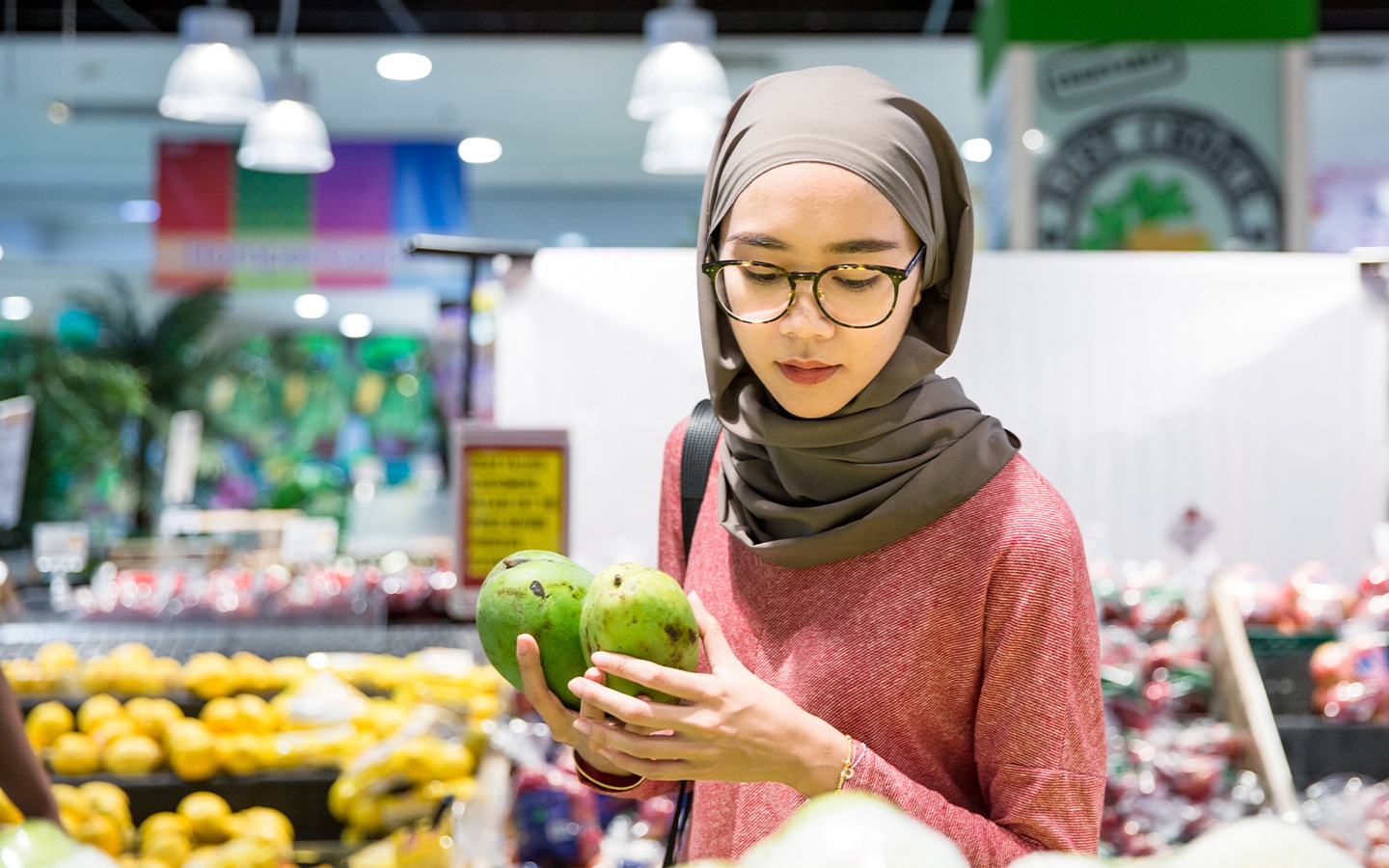Table of contents
In October 2019, the Indonesian government enforced a law that requires all the food products to have a Halal certificate issued in Indonesia or otherwise label their products as “non-Halal.”
To avoid confusion – you are still allowed to sell products without the Halal certificate. But as a business decision, it would be unwise to try to sell your products without the Halal label in a predominantly Muslim country.
In this article, we’ll explain the Halal certification process in Indonesia and how you can get your products correctly labeled with the help of Emerhub.
Which products require Halal Certification in Indonesia?
The government body regulating the Halal Certificates in Indonesia is called Halal Product Assurance Agency (BPJPH). BPJPH is an effort to modernize the Halal procedures in Indonesia while at the same time increasing the amount of attention the Halal certification receives.
Any product that you wish to sell with the Halal label has to have a Halal Certification, from Indonesia. If you have received Halal certificates from other countries, we’ll first have to check if they are compliant with the Indonesian Halal standards.
Sometimes Halal labeling is also used for marketing purposes. For example, some of the SHARP refrigerators are sold with Halal labels.
Types of Halal Certificates in Indonesia
Halal certificates can be applied for the following categories:
- Food and Beverages
- Drugs
- Cosmetics
- Slaughterhouses
- Restaurants/ Catering/ Kitchens
Both manufacturers and importers/distributors can apply for the Halal certificate. A common myth is that your company’s management needs to be Muslims to receive the license – as long as your company complies with the requirements, the religion of its management team is irrelevant.
Do all ingredients require Halal certificate in Indonesia?
You need to ensure that all of the ingredients comply with the Halal requirements. But it does not mean that you will need to apply for individual licenses for each of them.
Let’s take an example of canned tuna – it consists of water and tuna, both of which individually are Halal by default (because tuna, like most sea animals, is Halal). You’ll need to prove to the BPJPH that your production facility follows the Halal requirements and that you don’t mix the tuna with any non-Halal product lines.
The same applies to slaughterhouses. As long as your slaughterhouse complies with the regulations, the meat coming out of your production is Halal.
Halal Assurance System (HAS 23000)
Halal Assurance System or HAS 23000 is the list of requirements the Halal Product Assurance Agency (BPJPH) monitors to ensure that the Indonesian consumers can safely consume Halal products. Find the list of requirements and their descriptions below.
Once you meet the requirements, the process if the following:
- Online submission
- Payment
- Audit at factories
How to get a Halal Certificate in Indonesia
First of all, Indonesia has a list of certified Halal consultants that had to go through a government-arranged training program to receive it. Emerhub is one of them and will be able to prepare your application and advise your management team.
Implementing Halal Assurance System
Here are the requirements set and monitored by the BPJPH. You will have to comply with them to be able to use Halal labeling on your products.
| Halal Assurance System (HAS) Criteria | Description |
|---|---|
| Halal Policy | A written statement from the management of the company that states that the company is following the Halal procedures. |
| Halal Management Team | Board of Directors needs to issue an official decree to declare the internal Halal Management Team of the company |
| Training | The company must provide internal and external training on HAS 23000 requirements |
| Materials | All raw materials, additives, and processing aid must meet the criteria for Halal registration |
| Product | Your product and its name must meet the Halal requirements. See the examples below. |
| Production facility | The facility cannot process pork, even if the production lines are separated. |
| Written Procedure for Critical Activities | Description of how the material is procured |
| Traceability | You need to be able to trace back the origins of each ingredient to prove that they are Halal. |
| Handling of nonconforming products procedure | Description of how the non-compliant products are destroyed |
| Internal audit | At least twice a year |
| Management Review | Once a year |
What is unique about Halal Certification in Indonesia
Generally, companies that are in the industry understand the basics of what is considered Halal and what not. However, BPJPH is very particular that the products also sound Halal. Here are some examples of perhaps non-obvious products found non-Halal in Indonesia:
- Rum raisin ice cream – the name cannot contain non-Halal words, even if they are not part of the ingredients.
- Satan noodles – any references to the evil spirit are strictly forbidden.
- Valentine’s Chocolate – because Valentine’s Day in Indonesia doesn’t comply with Sharia practices.
An experienced Halal consultant will be immediately able to detect potential problems in your product list. Let us know what you are planning to register, and we will review the list first.
Common myths about Halal Registration in Indonesia
Here are some of the common misconceptions companies have about registering Halal products.
It depends on who issued the Halal certification. If the agency is compliant with Indonesian regulations then you will be able to use the foreign certification in Indonesia.
All products which are not certified Halal by MUI and sold in Indonesia for direct customers must be labeled as “Not Halal” in the packaging. Legally, you do not need to apply for Halal Certification as long as you add the mark. However, it will be challenging to sell it to the majority of Indonesian consumers.
If the components are in the Positive List (such as water), it does not require Halal Certification.
Halal Management Team must understand the HAS23000 implementation – regardless of their religion.
No, during the audit, you’ll need to prove that the non-Halal products don’t contaminate the Halal products.







